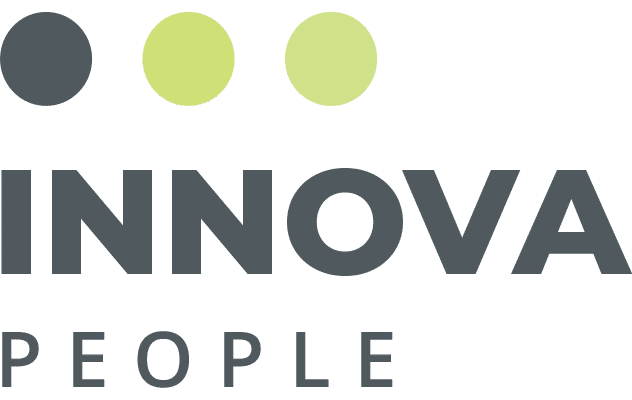As spring arrives, there’s a sense of renewal in the air. The sun’s warmth and the flowers’ blossoming mark the start of a new season. Many usher in this season by reorganizing and deep-cleaning their spaces and decluttering their inboxes. But Spring isn’t just a time for fresh starts and tidying up your home; it’s also the perfect season to dust off your resume.
Think of your resume like a closet. At least once a year, it needs a good cleaning—including assessing what you’ve got and deciding what to keep, what to get rid of, and what to emphasize. Then, after cleaning out all the unwanted items, you can add new information to create a current, relevant, and appealing resume.
Whether you’re actively job hunting or want to keep your professional profile up-to-date (which we highly recommend), revisiting your resume several times a year ensures you’re always prepared for new opportunities or unexpected changes in your career path.
Why Spring Clean Your Resume?
Your resume is often your first impression of potential employers, so ensuring it effectively showcases your skills, experiences, and achievements is essential.
Fresh Perspective
Spring brings a sense of rejuvenation and optimism. Use this energy to approach your resume with a fresh perspective. Reviewing your accomplishments and experiences with renewed enthusiasm can help you highlight your strengths more effectively.
Stay Competitive
The job market constantly evolves, with new skills and technologies in demand. By updating your resume regularly, you can ensure that you remain competitive and relevant in your field.
Career Reflection
Spring offers an excellent opportunity for self-reflection. Take stock of your career goals and achievements, and tailor your resume to align with your aspirations. Whether aiming for a promotion, a career change, or new challenges, your resume should reflect your ambitions.
How to Spring Clean Your Resume
Ready to give your resume a makeover? Here are some tips to help you get started:
- Update your Information
Think about what has changed since your last update. Have you accepted a new role, changed departments, or been promoted? Did you acquire new skills or accomplish a course or program that advanced your career? If yes, incorporate these specifics to reflect a comprehensive overview of your recent expertise and abilities.
- Review your Professional Summary or Objective
As your career goals change, how you present your qualifications or professional summary should also change to support these goals. Reread your resume with your current goals and decide what details should be added, edited, or removed to showcase your relevant skills and experience. Try minimizing the details from jobs that don’t align with your current goals and spending more space elaborating on your work and accomplishments that highlight your most relevant qualifications.
- Focus on Achievements
Instead of simply listing your job responsibilities, emphasize your accomplishments. Use quantifiable metrics whenever possible to demonstrate your impact in previous roles. Keep a brag book of achievements to substantiate your resume and LinkedIn profile information.
- Declutter
Remove old jobs that are no longer relevant.
INNOVA People: Your Partner in Finding Your Dream Job
Embarking on a job search can be daunting, but you don’t have to go it alone. INNOVA People is dedicated to helping individuals like you find their dream jobs and unlock their full potential. With our personalized approach and extensive network, we connect talented professionals with career opportunities across healthcare and IT.
Whether you’re seeking temporary assignments, permanent positions, or executive roles, we’re committed to matching you with opportunities that align with your skills, interests, and career goals.
In addition to job placement services, INNOVA People offers resume writing assistance, interview coaching, and career counseling to support you at every stage of your professional journey. With our guidance and expertise, you can confidently navigate the job market and take the next step toward a fulfilling career.
Don’t let the opportunity pass you by—embrace the spirit of spring and embark on a journey towards your dream job today. Contact us today.



